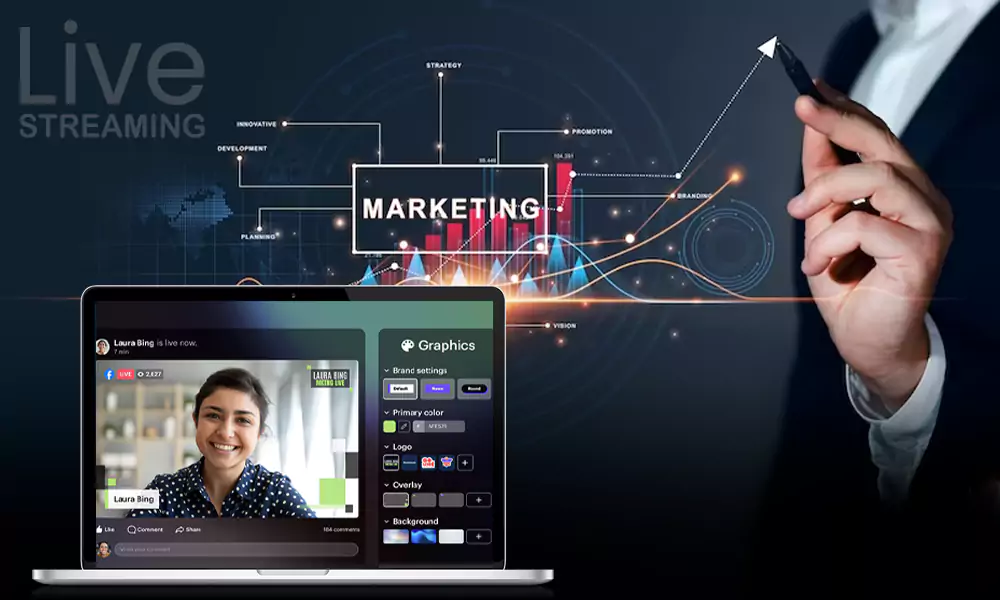What is SEO? Everything You Need to Know

How can a business stand out in a crowded space of over six billion players? For your information, that figure represents the number of existing websites. And, given the web’s immense potential, the number is set to grow. Even if we only consider the competitors in your target market, it’s safe to say that you have your work cut out.
Enter SEO. What is it, and how can it help your business or organization? If you’re new to SEO, stick around to learn. You can also get an inside scoop on how fitcode SEO can facilitate your business’ growth. Let’s dive right into it.
A Definition
“SEO is an acronym that stands for “Search Engine Optimization.” At a basic level, SEO involves the steps you take or strategies you use to improve the ranking of content or a website on Bing, Google, or other search engines. A search engine is simply a software system designed to conduct web-related searches.
Let me try to simplify the definition. SEO involves touching up or improving content so that search engines can track it and show it among the top results when someone browses for particular information. Ideally, the aim is to raise your website’s position when search results pages appear. Note that a higher listing leads to greater visibility and vice versa.
Users depend on search engines for relevant results when starting an online session. That’s how they can find your website. Generally, SEO strategies can improve your website’s rank through the following actions:
- Researching target keywords offers good viable search potential.
- Content creation and optimization for users and search engines.
- Integration of links from other high quality or authoritative sites
- Measuring results
Unlike paid results, SEO is based on natural or organic searches. Normally, organic results appear beneath paid search results. Similarly, organic search results take time- usually weeks or even months. What’s the implication of this for your website? Simply put, SEO is a long-term game. Don’t expect instant results when trying to optimize your website via SEO.
Interestingly, 80% of searchers are likely to click on SEO results, with the remainder opting for paid search results. It would be best to put more effort into naturally improving your site’s rank.
How SEO Works
Generally, search engines employ crawlers, or what others may call bots, to analyze all the content online. Crawlers work by gathering information from known pages (internal links) and external links (from other pages your site connects to). In so doing, bots create a connection between diverse content within a database- an index.
When you key in a query, a search engine provides a list of results showing what it believes is the most accurate information with the help of a complex algorithm. Generally, organic results take various forms, such as images, text, videos, etc.
Different search engines have their own set of factors to rank content. For instance, Google uses up to 200 factors, including:
- Keyword usage
- page-level social metrics
- Engagement and traffic
- On-site webspam
- Domain
SEO experts help big enterprises audit and avoid SEO mistakes. They can create and implement strategies to boost your site’s position by understanding most of the ranking factors. If your business hopes to earn its stripes and maintain a high rank, your focus should be on providing high-quality content that engages users and boosts traffic. Your strategy should also adopt non-manipulative tactics while keeping up with changes in search engine ranking factors.
SEO’s Core Pillars: Best Practices

Although minor changes are part and parcel of SEO, they don’t affect its core principles. We can group these fundamental pillars into three best practices that you might need to familiarize yourself with. Let’s take a brief look at what each entails.
1. On-Page SEO
On-page optimization involves enhancing the general user experience by providing relevant and useful content on your website. Some of the measures you can use to improve on-page SEO include using the right target keywords. A content management system comes in handy, helping smooth the process by making it easier to integrate keywords into your content. Or, you can also hire an SEO specialist if you want your business to run smoothly.
2. Off-Page SEO
As the subtitle suggests, off-page SEO includes the off-site strategies you use to improve your site’s rank. In short, they are the approaches you use to help your site appear on a search engine results page (SERP). A smart digital marketer can enhance off-page SEO through backlinks from reputable or authoritative sites.
3. Technical Optimization
These are the behind-the-scenes efforts on your site to help it rise through the ranks. Generally, such activities do not relate to your content. For instance, they may involve minimizing site errors, assessing indexed pages, improving site speed, making the site mobile-friendly, etc.
We’ve not tackled everything you need to know. But, we’ve covered the basics. A lot goes into SEO, and the scope of this piece might not get into all the details. If you need SEO services, your best bet would be to hire a digital marketing expert familiar with the ins and outs of the subject.










